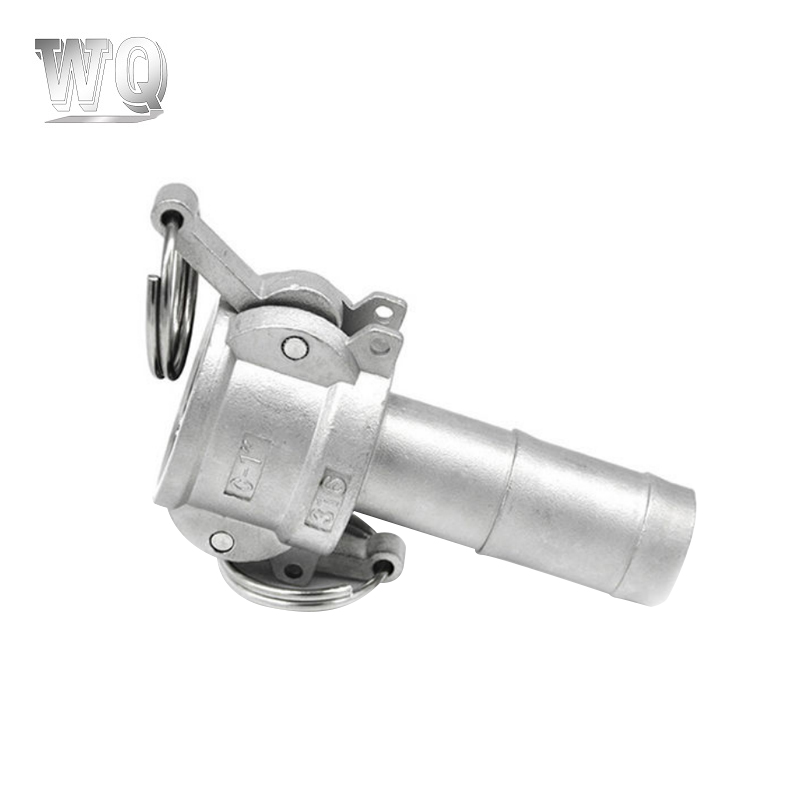Copper Casting Parts are widely used in various critical components of mechanical engineering due to their excellent physical and mechanical properties. Here's a detailed look at the specific applications and advantages of copper castings in key components like bearings, gears, and valves:
Bearings
Applications:
Copper castings are commonly used to manufacture sliding bearings (also known as sleeve bearings or plain bearings), typically employed in heavily loaded, low-speed machinery.
In high-temperature and high-load conditions, copper-based alloy sliding bearings are widely used due to their good thermal conductivity and wear resistance.
Advantages:
Wear resistance: Copper alloys exhibit excellent wear resistance, reducing wear on the bearing surface and extending service life.
Self-lubrication: Certain copper alloys (such as leaded bronze) possess good self-lubricating properties, reducing the need for lubricants.
Thermal conductivity: Copper's high thermal conductivity aids in heat dissipation, preventing bearings from overheating in high-temperature conditions.
Gears
Applications:
Copper castings excel in manufacturing low-speed, high-torque gears, particularly in applications requiring high corrosion resistance, such as marine equipment and chemical machinery.

They are often used to make worm gears, which have extensive applications in speed reducers and other mechanical power transmission systems.
Advantages:
High corrosion resistance: Copper alloys exhibit excellent corrosion resistance, making them suitable for wet or chemically corrosive environments.
Low coefficient of friction: Copper alloy gears paired with steel worms offer a low coefficient of friction, improving transmission efficiency.
Good machinability: Copper alloys are easy to machine, allowing for the fabrication of complex gear shapes with high precision and good surface quality.
Valves
Applications:
Copper castings are widely used to manufacture various types of valves, including ball valves, gate valves, globe valves, and check valves, for applications in water supply, gas supply, and chemical processes.
They are particularly well-suited for use in corrosive media, seawater, and other harsh environments.
Advantages:
Corrosion resistance: Copper Casting Parts exhibit excellent corrosion resistance, especially when exposed to water and chemicals.
High-temperature resistance: Certain copper alloys can maintain good mechanical and sealing properties in high-temperature environments.
Good casting properties: Copper alloys are easy to cast, allowing for the fabrication of complex valve structures that ensure valve sealing and flow performance.
The utilization of copper castings in mechanical engineering primarily stems from their superior wear resistance, thermal conductivity, corrosion resistance, and good machinability. By employing suitable copper alloys, high-performance critical components like bearings, gears, and valves can be manufactured with extended service lives. These components play crucial roles in various industrial applications, ensuring efficient operation and reliability of mechanical equipment.









